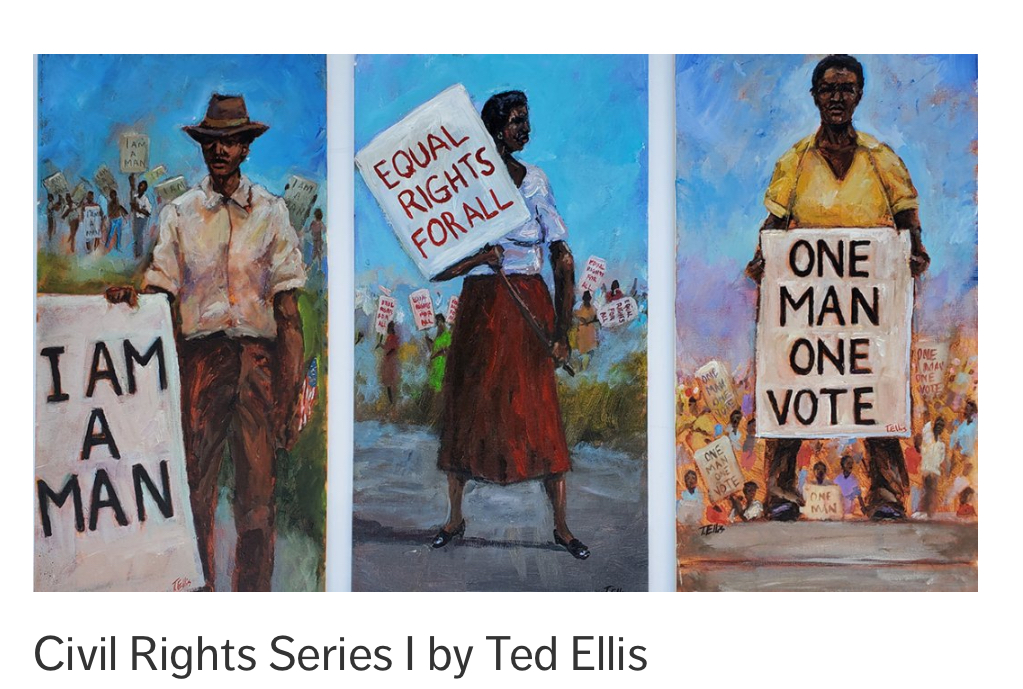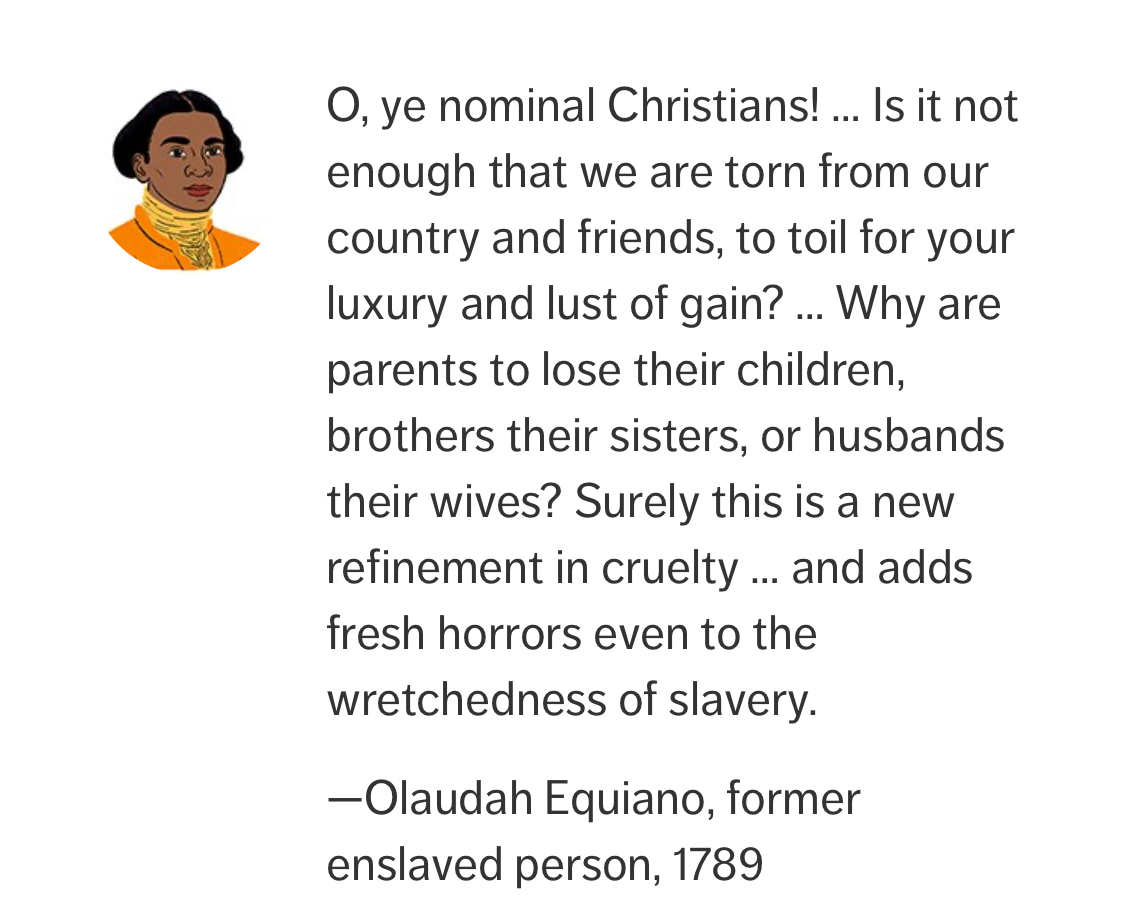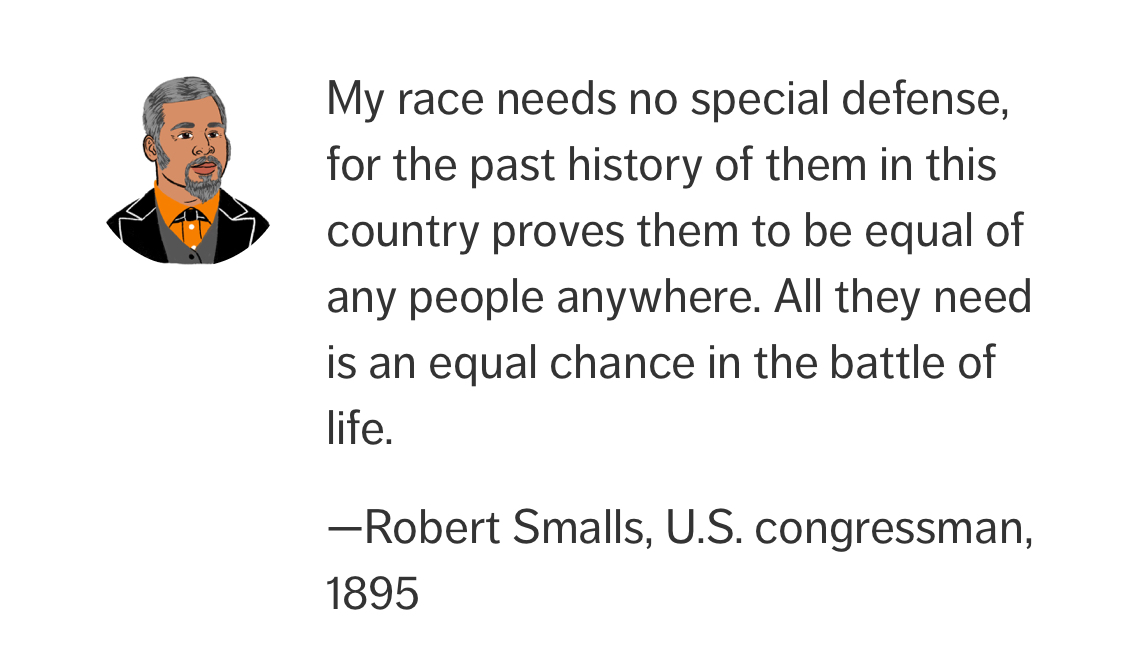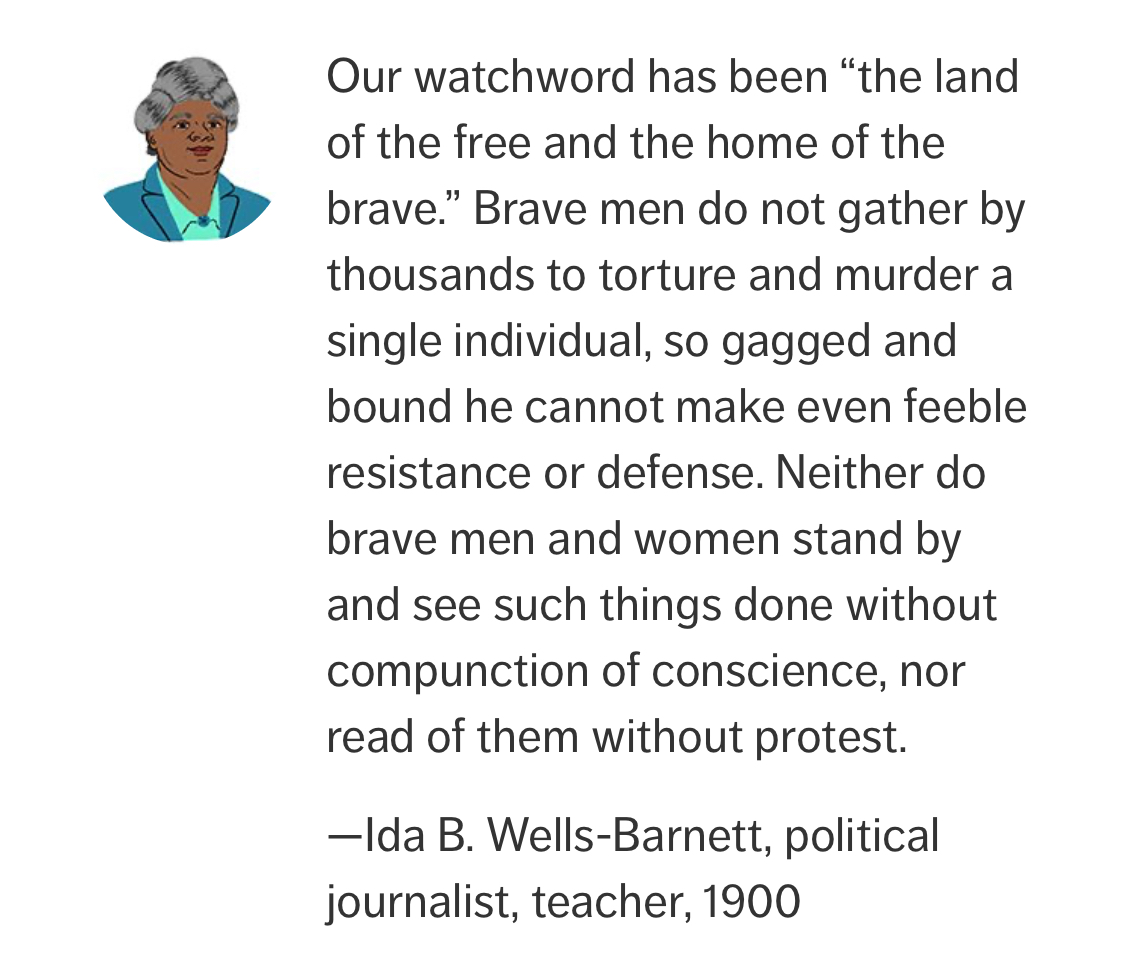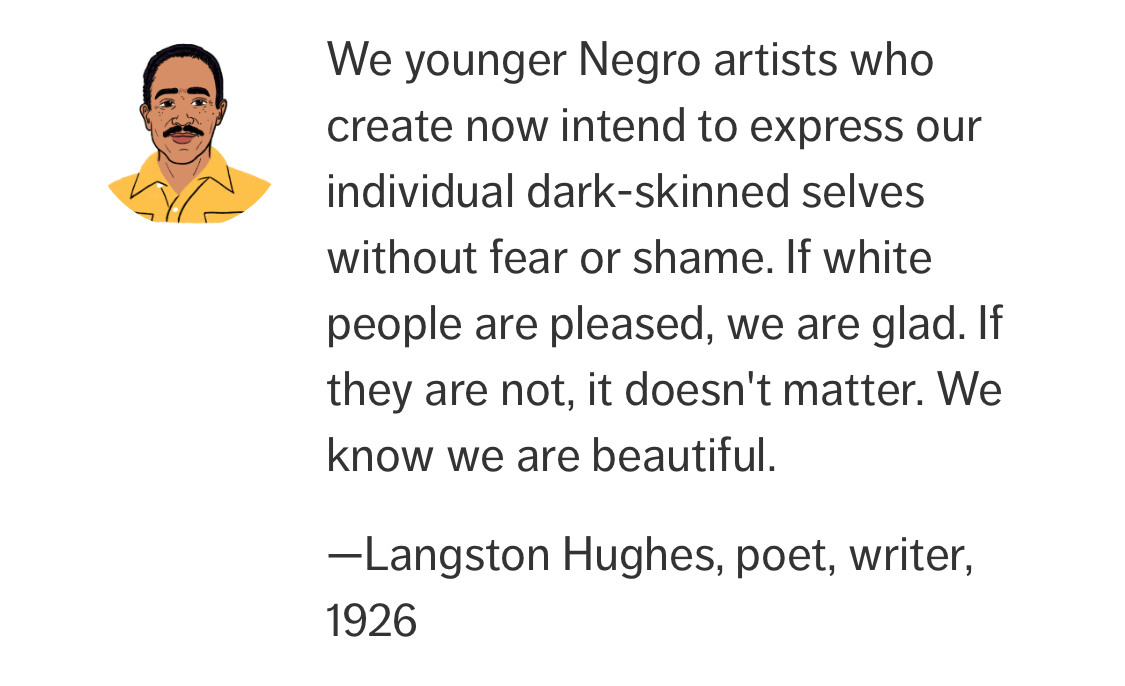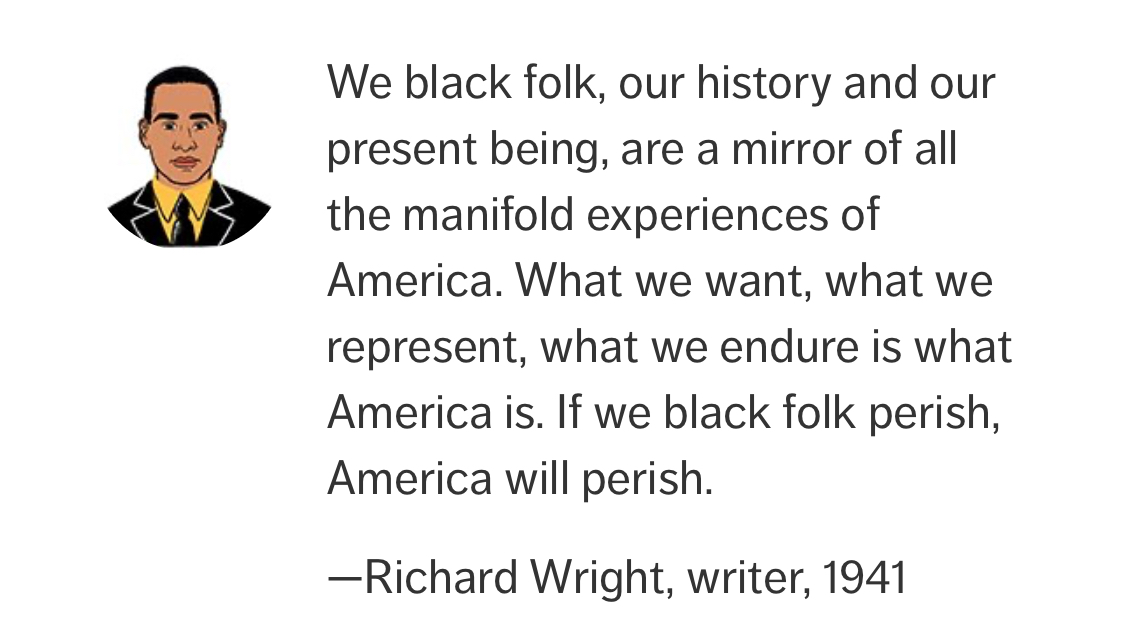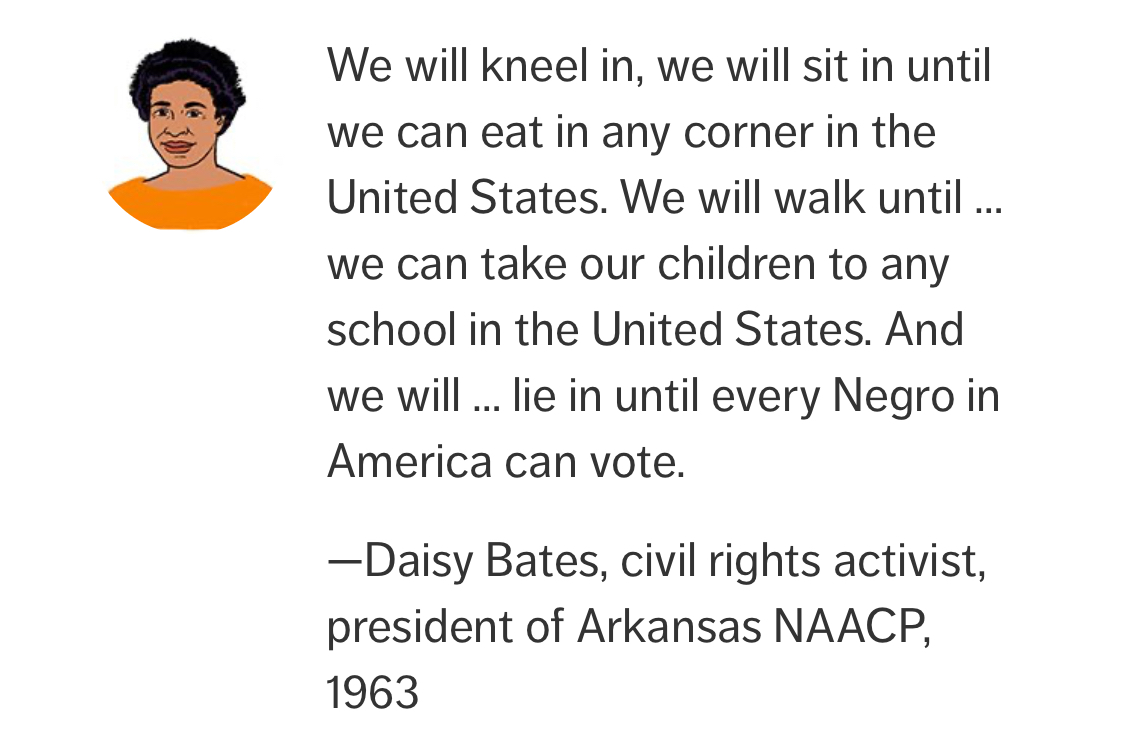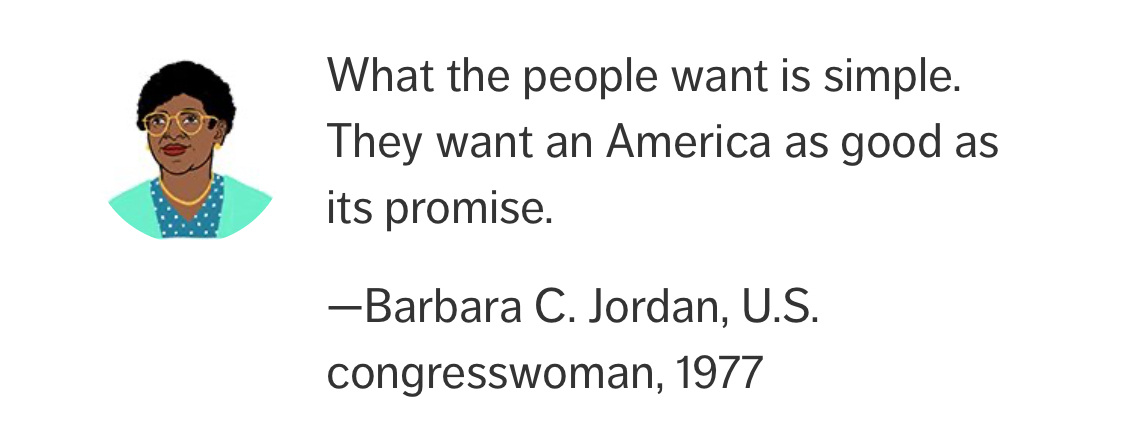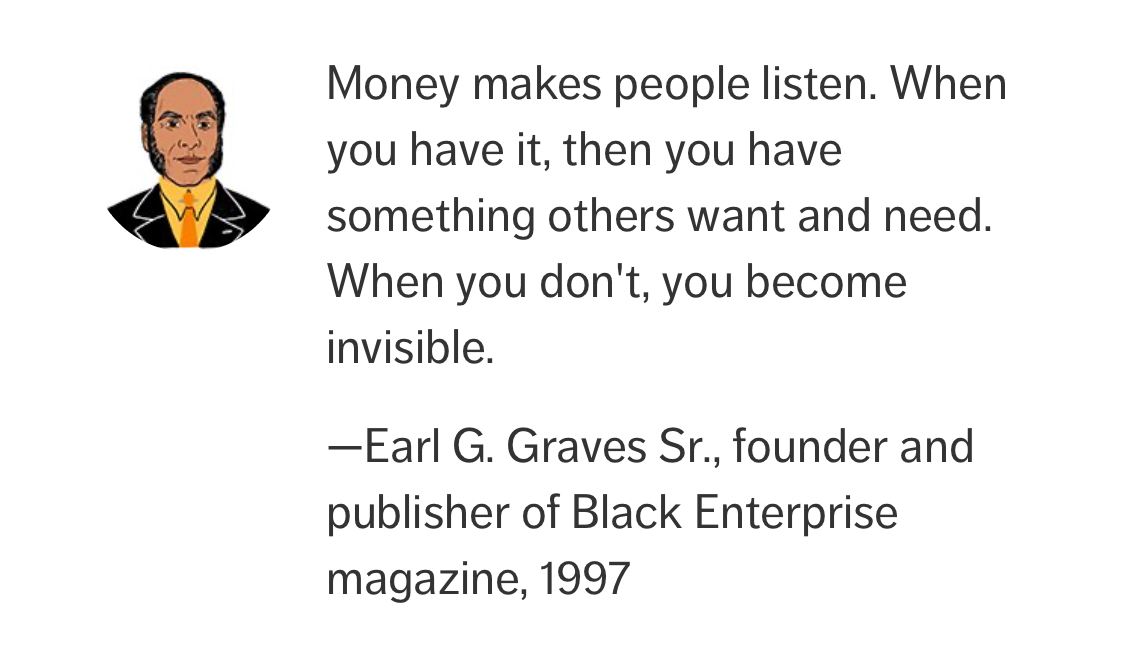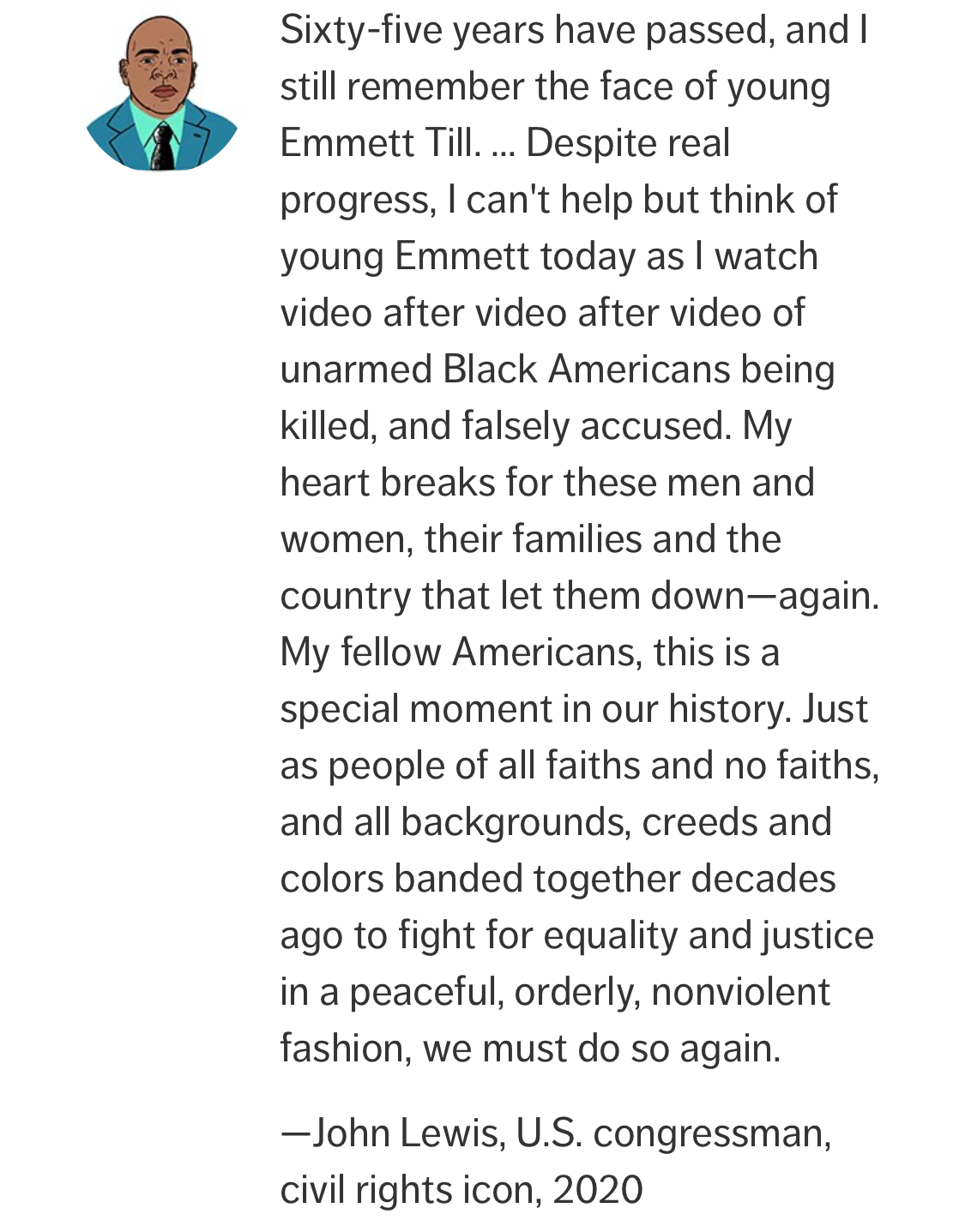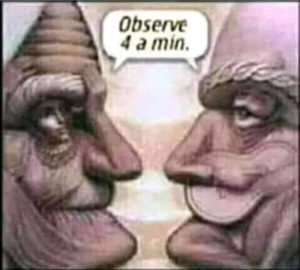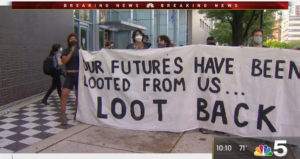Mark Matlock
Jesus said, “Father, forgive them, for they do not know what they are doing.” Luke 23:34 NIV
I’m often asked to explain white evangelicals by my friends of color as they try to untangle why their white Christians brothers and sisters behave as they do.
For decades I have identified as an evangelical. For me, this has always meant declaring basic orthodox Christian beliefs, a firm commitment to the authority of scripture, but also a belief that I have a purpose in the world to share the good news of Jesus in word and deed.
Today, some 45 years after Jesus saved me and I began to follow Him, I struggle to identify as an evangelical, even though I have never wavered from the basic tenets mentioned above.
Those who study church history tell me that “evangelicalism” was formed to separate from the term “fundamentalism” which had meant being committed to the fundamentals of the Christian faith, but had since become tarnished and no longer seemed to represent the spark of Christian living in the world. A “rebranding” was needed.
Today when most people hear the term evangelical they think of conservative Republicans that are white, support Trump, are anti-gay, pro-life, and anti-science.
Evangelicalism has become something else. Slightly over 80% of Americans self identity as Christians, only 20% identify as evangelicals. In fact, at Barna, a research group studying the intersection of faith and culture, a person must identify 9 basic tenets of evangelicalism to be labelled as an “evangelical”… only about 5% of Americans meet those 9 requirements. So as I speak about the white evangelical mind, consider that I am no longer certain of all that means, and I do not speak for everyone.
While there are many topics to explore, I want to focus on the white evangelical mind as it comes to racial injustice and reconciliation.
I began this reflection with the words of Jesus on the cross. Scripture records few words from Jesus while on the Cross, but what we have is powerful.
In this prayer of forgiveness, Jesus recognizes the ignorance of the people. And if I were to summarize the perception of white evangelicals in this moment, whether or not true, it is that we are ignorant people. But not just ignorant in the naïve innocent way, but in the sense that we believe we know more than we do. And that is an important reality I have had to come to grips with in my life, in some ways my evangelical beliefs make me falsely confident in my ability to know and understand what is true.
Tangle 1. The first tangle to recognize is that white people think little about “race.” We don’t think much about “ethnicity” either unless we are choosing what to eat for dinner… “You want to do Mexican or Chinese Tonight? Neither? Italian would be better?” In fact, we often see race and ethnicity as the same thing, so that is often a good place to start.
We were raised in the narrative of America as a melting pot, so our ethnic identity is seen as something from our past. We see American identity asking its citizens to lose some of that moving forward as you “melt.” It also means, for white Americans, that co-opting other cultures is okay too, because we are all in that same pot. Many immigrants gladly acculturate to the American way of life, my great grandmother did, which is a very different journey than that of African American slaves who were sold and shipped against there will to the US. White people have rarely thought about this experience.
I didn’t like Robin DiAngelo’s concept of “White Fragility” when I first learned about it, but now I understand it as a very real part of my own experience and what I see in other white people. As I began to be confronted about race, it was disorienting, I was indeed “fragile” because as a white person I’d never had to think about what it meant to be “white.”
If you want to engage the white evangelical in racial reconciliation, it will require patience. We just haven’t had to think about race as long as minority groups and we are the weaker brother when it comes to this topic. The patterns of our white experience are predictable, and each person goes on almost an identical journey. Having conversations about race with a white person is like playing the same song over and over again, the first few times is great, and then it time to move on. I’m glad my friends of color didn’t abandon me even when I was worthy of being given up on. To this day they endure my ignorance as I seek to learn more. I know too that it can be exhausting, but when you give the gift of friendship in this area to a white person, it is priceless.
Tangle 2. White evangelicals value theology as concepts, not as relational dynamics.
Here’s what is hard, white evangelicals do not want to be viewed as racist. Our core theology recognizes the image of God in every person and desires for all to know him. There is great compassion too for meeting people’s needs, but we think of these things as concepts and programs instead of how those concepts transform interpersonal relationships.
We were taught to debate ideas, to see things through a rational lens. Theological terms then became definitions and theological concepts thesis statements rather than guides for interpersonal transformation. Conversations about race in these forums rarely lead to transformation. But over time, they can move into more personal areas.
When engaging the white evangelical on matters of race, its best done in the context of relationship rather than as a topical matter when possible.
Tangle 3. American White Evangelicals have a strange relationship with power. A significant part of the white Christian identity is the belief that America is a Christian nation and that we are losing the culture war. This has created a false pursuit of cultural power through political means rather than on the power of doing community good. Jesus was persecuted for doing good, unlike the White Christians in America who feel persecuted for being judgemental.
This has given evangelicals the sense that they too are marginalized and in a fight for not just their “white” heritage, but its strange infusion with Christian values. This means that we are often ignorant to how we are participating in institutional or systemic racism, because we have a strange history with power, Christianity, and liberty.
Because we feel we are losing the Christian ideals, this country was based upon, we are trying to protect something we feel we are losing, rather than recognizing that perhaps we need to be living into those ideals more fully. Exposing white evangelicals to the truth of American history that has been sanitized is key to helping us grasp the horror of slavery and its aftermath in Jim Crow and beyond. Help us grasp the current racial injustice that is invisible to us as part of the dominant white culture. MLK realized it was hard for whites to see. His non-violent tactics provoked the racism that was hidden to whites so it could be seen. Camera footage, research of racial injustice experiences, sharing of stories all help us to see.
There is quite a bit to untangle in the white Christian mind, it’s not simple. If you can tolerate our ignorance, you can make great progress with those that are willing to continue the journey. It isn’t the duty of persons of color to educate white people and help them transform. We need to be doing the work ourselves, but because our own attempts are messy, even hurtful, I am grateful for the investment you make in helping us become better people. While an element of white evangelicalism are indeed bad actors, there’s hope that something new can emerge as we engage these issues together in brotherly love.
Until that glorious day, Father, forgive us for our ignorance.
Mark Matlock has been working with the parents, ministers and non profits for nearly three decades and he’s spoken live to more than 1 million teenagers. He is the principal at WisdomWorks, a consulting firm that helps Christian leaders leverage the transforming power of wisdom to accomplish their mission. Mark is the former executive director of Youth Specialties and the creator of PlanetWisdom Student Conferences. In all his free time, he has written more than twenty books for teens and their parents including Faith For Exiles with David Kinnaman, President Barna Research.
Would your connections benefit from this post?




